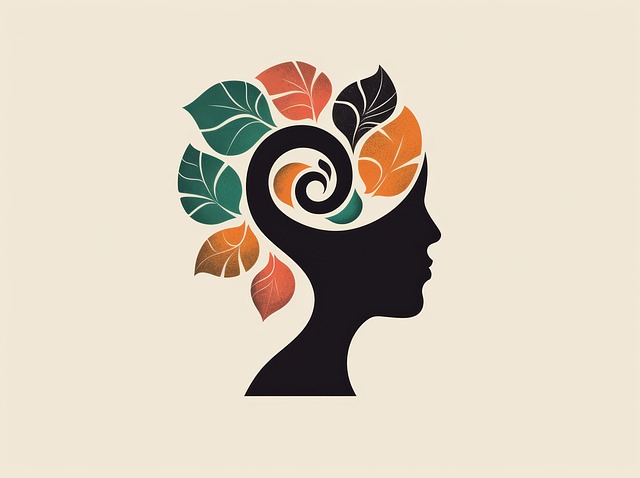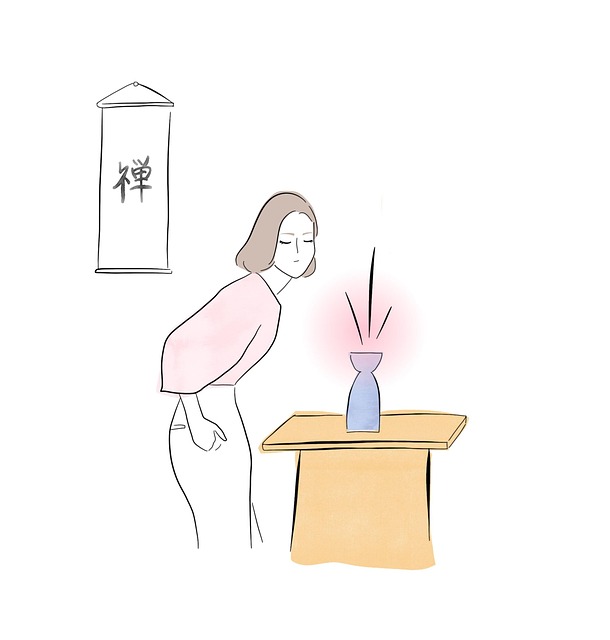Mindfulness meditation emerges as a powerful therapeutic tool for young children in polyamorous and open relationships, offering benefits like anxiety management, enhanced focus, emotional intelligence, and stress reduction. Regular practice strengthens relationships, promotes communication, and fosters overall well-being. A culturally sensitive approach ensures a safe space for kids to develop emotional regulation skills, navigate complex emotions, and build resilience. Starting with short sessions, meditation helps children manage stress and improve mental health outcomes, revolutionizing their emotional landscapes.
Mindfulness meditation, once a niche practice, is now recognized as a valuable tool for fostering mental well-being across diverse communities. This article explores mindfulness’s unique benefits for children and adults in polyamorous and open relationships. We delve into actionable guidance on implementing mindful practices, focusing on creating safe spaces for young meditators. From understanding the basics for kids to incorporating meditation into complex family dynamics, these strategies aim to enhance mental health and strengthen bonds through therapy-based techniques accessible to all.
- Understanding Mindfulness Meditation for Children
- Benefits of Mindful Practice in Polyamorous Families
- Incorporating Meditation into Open Relationships
- Creating a Safe and Supportive Environment for Young Meditators
- Practical Tips for Daily Meditation Sessions with Kids
Understanding Mindfulness Meditation for Children

Mindfulness meditation has gained recognition as a valuable tool for promoting emotional well-being in children. This ancient practice involves training the mind to be fully present and aware of the current moment, without judgment. For young minds, it can serve as an effective therapy to manage anxiety, enhance focus, and develop inner strength. By encouraging children to observe their thoughts and emotions without reacting impulsively, mindfulness meditation fosters a sense of calm and self-awareness.
In the context of polyamorous and open relationships, mindfulness becomes a powerful ally. It teaches children to navigate complex emotional landscapes, understand boundaries, and cultivate empathy. Through regular practice, they learn to recognize and accept their feelings, leading to better communication and healthier relationships. Emotional well-being promotion techniques within mindfulness meditation can empower kids to manage stress, improve their overall mental health, and build resilience for life’s challenges.
Benefits of Mindful Practice in Polyamorous Families

In the realm of polyamorous families, mindfulness meditation practice can serve as a powerful tool for fostering healthy relationships and nurturing inner strength development in both adults and young children. By integrating mindful practices into their daily routines, polyamorous couples can enhance communication, cultivate emotional understanding, and create a more harmonious environment for their families. This is particularly beneficial given the unique dynamics and potential challenges that come with open relationships.
Mindfulness meditation promotes mental health awareness by encouraging individuals to stay present, observe their thoughts without judgment, and accept emotions as they are. For young children in these families, this can translate into improved emotional regulation skills, enhanced self-awareness, and better coping strategies for dealing with changes and transitions. Additionally, mindfulness practices offer effective stress reduction methods, helping family members manage the inherent complexities of polyamorous relationships and promoting overall well-being.
Incorporating Meditation into Open Relationships

Incorporating mindfulness meditation into polyamorous or open relationships can foster deeper emotional connections and enhance communication. For couples exploring therapy for young children within these dynamics, mindfulness offers valuable tools to navigate complexities. It encourages active listening and self-awareness exercises, promoting understanding of individual needs and boundaries while cultivating empathy and compassion. This practice is especially beneficial in preventing burnout, a common concern in polyamorous relationships, by enabling individuals to remain present and engaged.
By integrating mindfulness meditation, partners can improve their emotional intelligence, fostering an environment where open communication thrives. Self-awareness exercises help each partner recognize their feelings and express them honestly, ensuring everyone’s needs are met. This practice also enables individuals to approach challenges with clarity and calmness, strengthening the bond within the relationship and creating a more harmonious family unit.
Creating a Safe and Supportive Environment for Young Meditators

Creating a safe space is paramount when introducing mindfulness meditation to young children. This practice should be accessible and comforting, free from any pressure or judgment. In today’s diverse world, it’s crucial to acknowledge and respect the unique experiences of children from various backgrounds, including those in polyamorous and open relationships. Cultural sensitivity in mental healthcare practice plays a vital role here, ensuring that every child feels seen and heard. A supportive environment can enhance emotional regulation skills, helping young meditators process their emotions healthily and cultivate a positive mindset.
Mindfulness meditation offers a holistic approach to mental health awareness for children, teaching them to be present and non-judgmental towards their thoughts and feelings. By creating a nurturing atmosphere, practitioners can encourage open communication about sensitive topics, fostering trust and understanding. This practice has the potential to revolutionize how young individuals navigate their emotional landscapes, providing them with valuable tools to manage stress and enhance overall well-being, especially in communities where mental health awareness is growing, such as within polyamorous families.
Practical Tips for Daily Meditation Sessions with Kids

Meditation is a powerful tool to introduce young minds to emotional regulation and mindfulness, especially when tailored for children in polyamorous or open relationships. To make daily meditation sessions engaging, start with short periods, around 5-10 minutes, and gradually increase as their focus improves. Choose themes that resonate with kids, such as body awareness or nature, and incorporate storytelling or guided visualizations to keep them interested.
For parents or caregivers facilitating these sessions, remember the importance of communication strategies. Explain meditation’s benefits in simple terms, highlighting its ability to help manage emotions and reduce stress. Create a safe, judgment-free space where children feel comfortable sharing their experiences. Regular practice can foster emotional maturity and provide a valuable therapy for young children navigating complex familial structures, contributing to improved mental health outcomes.
Mindfulness meditation, as explored in this article, offers a holistic approach to well-being for both therapy for young children and navigating complex family structures like polyamorous and open relationships. By providing practical guidance on creating safe spaces and incorporating daily practices, families can harness the benefits of mindfulness to foster deeper connections and enhance overall mental health. These techniques empower individuals—from parents to children—to cultivate awareness, resilience, and a sense of calm amidst life’s challenges.













